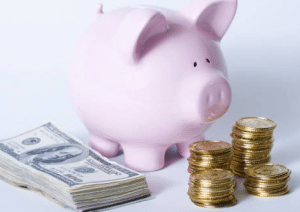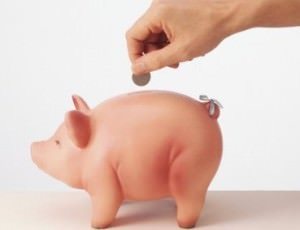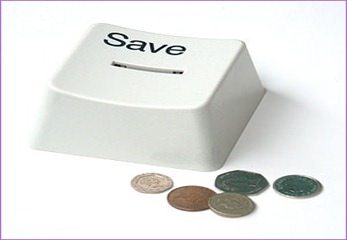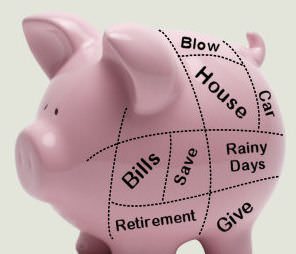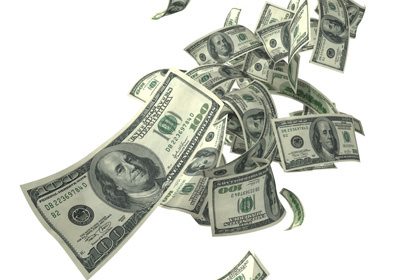Improving your Financial Health
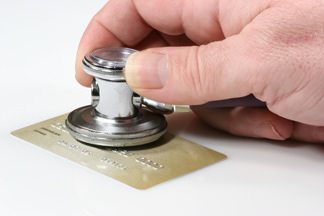 Improving financial health is often at the top of many people’s goal lists. Whether you have been trying to improve your finances for several months or have just decided now that you want to resolve your financial problems for once and for all, there are several things you can do to get your financial health in order.
Improving financial health is often at the top of many people’s goal lists. Whether you have been trying to improve your finances for several months or have just decided now that you want to resolve your financial problems for once and for all, there are several things you can do to get your financial health in order.
Start by setting a budget for yourself. Keep track of all of your income and all of your expenses over the course of a month. You can get an application on your smartphone or on your computer to help you do this. At the end of the month, look over your finances and determine what expenses you can cut to save money.
When setting your budget for the month, keep in mind that some expenses are a higher priority than others. For example, you need to make sure to pay your rent and utilities first every month so that you don’t risk losing your home or living without power or water. You should plan to pay these expenses before other expenses. When you get each paycheck, decide how much of it to put towards high-priority expenses so that these expenses always get paid on time.
If you have credit card debt, getting it paid off completely should be a priority in your financial health plan. Credit card debt hurts your credit and costs you extra money in the long run. If you carry balances from month to month, you have to pay interest charges that you wouldn’t otherwise have to pay and won’t have credit available in an emergency. In addition, your credit suffers if your debt-to-income ratio is higher. Once your credit card debt is paid off, use credit more responsibly. Don’t use more than 30 percent of your total credit in any one month, and pay it off in full at the end of the month.
Savings Accounts – Financial Health
You’ll need three savings accounts for optimal financial health. You need a rewards account, an emergency account and a retirement account. Your rewards account helps you stay motivated to take care of your financial health; you put a small amount of the money you save by paying down debt and cutting expenses into this account each week and use it to save for fun things like vacations or buy books or movies. Your emergency account needs to be built up so that if you lose your job or face a major health crisis, you’ll have money to tide you over until you can get back on your feet. Finally, your retirement account allows you to save money on your taxes while saving for retirement so that when you reach retirement age you can safely and comfortably retire. Retirement accounts have different benefits and different rules about taking money out early, so explore all your options before opening this kind of account.
Regaining your financial health isn’t as difficult as you might have thought. If you work at it, you can fix your credit problems and build on your financial foundation to protect your financial health and that of your family in the future.
